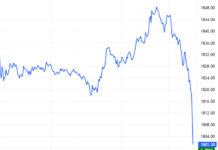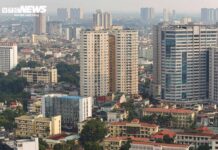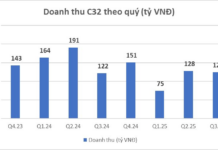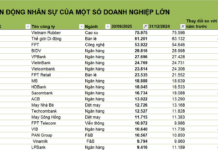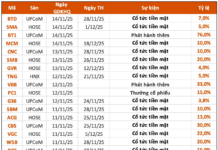
On May 22, a seminar on “Basic Information Security Standards for Surveillance Cameras” was held, chaired by the Department of Information Security (Ministry of Information and Communications) and VietNamNet, with the participation of businesses and experts in this field.
On May 22, the seminar “Basic Information Security Standards for Surveillance Cameras” was held under the chair of the Department of Information Security (Ministry of Information and Communications) and co-organized by VietNamNet, with the participation of businesses and experts in this field.
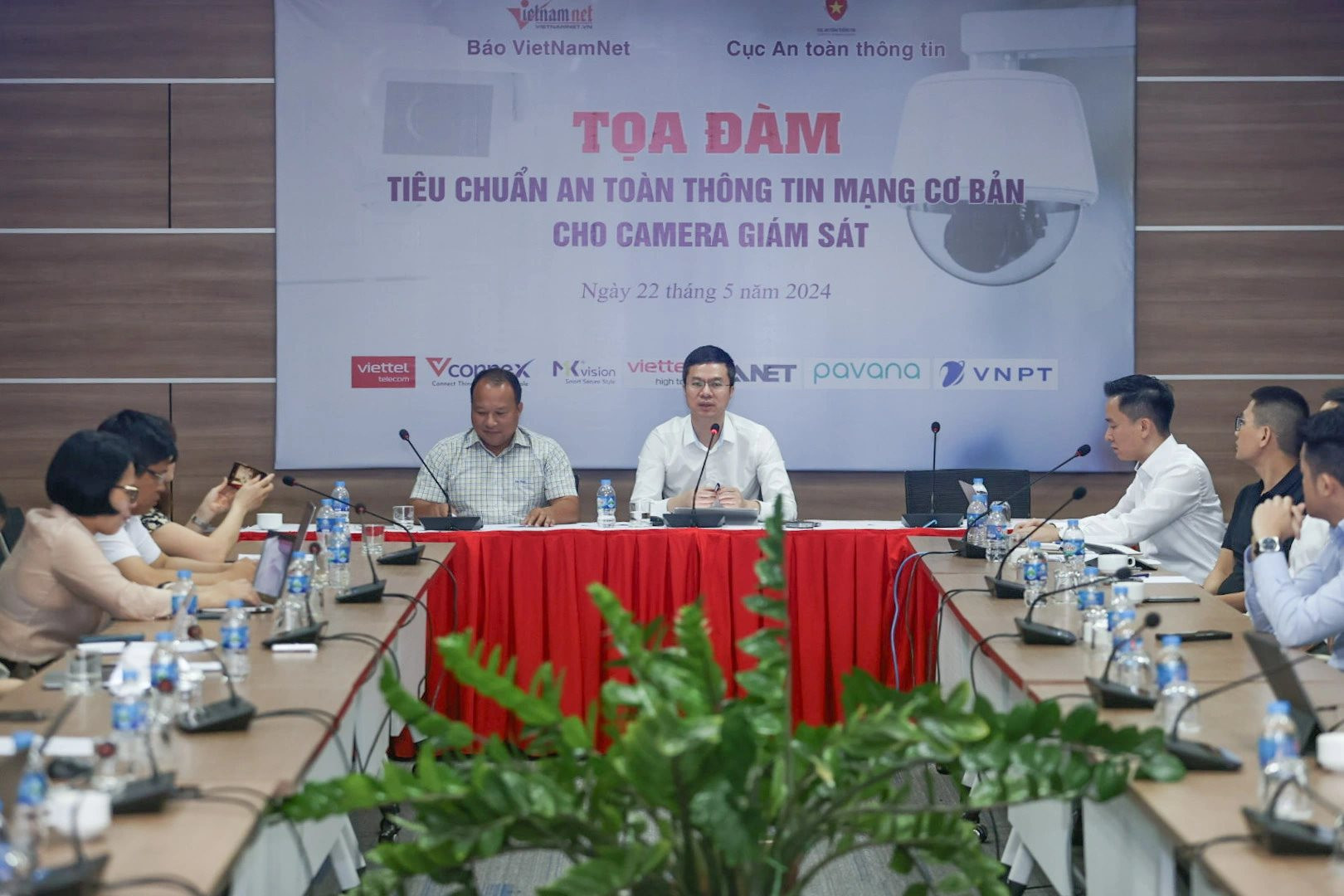
Panorama of the seminar “Basic Information Security Standards for Surveillance Cameras”. (Source: http://mic.gov.vn)
According to the Ministry of Information and Communications’ online portal, the use of surveillance cameras is becoming increasingly popular in Vietnam. In addition to being used by many families, surveillance cameras are also an important component of the e-government, digital government, and smart city systems, helping to monitor traffic and maintain social order.
However, in recent times, there have been cases of private images of celebrities being leaked online, originating from surveillance cameras within their own homes. In addition, there are numerous cameras of unknown origin circulating in the market, storing Vietnamese users’ data abroad, and lacking information security standards to protect users.
Surveillance cameras are sensitive products with potential information leakage risks.
According to statistics from enterprises, about 90% of surveillance cameras in Vietnam are imported from China, both through official and unofficial channels.
Some camera models operate on a cloud mechanism, connecting to servers located overseas. As a result, Vietnamese users must go through these foreign servers before they can connect to their cameras.
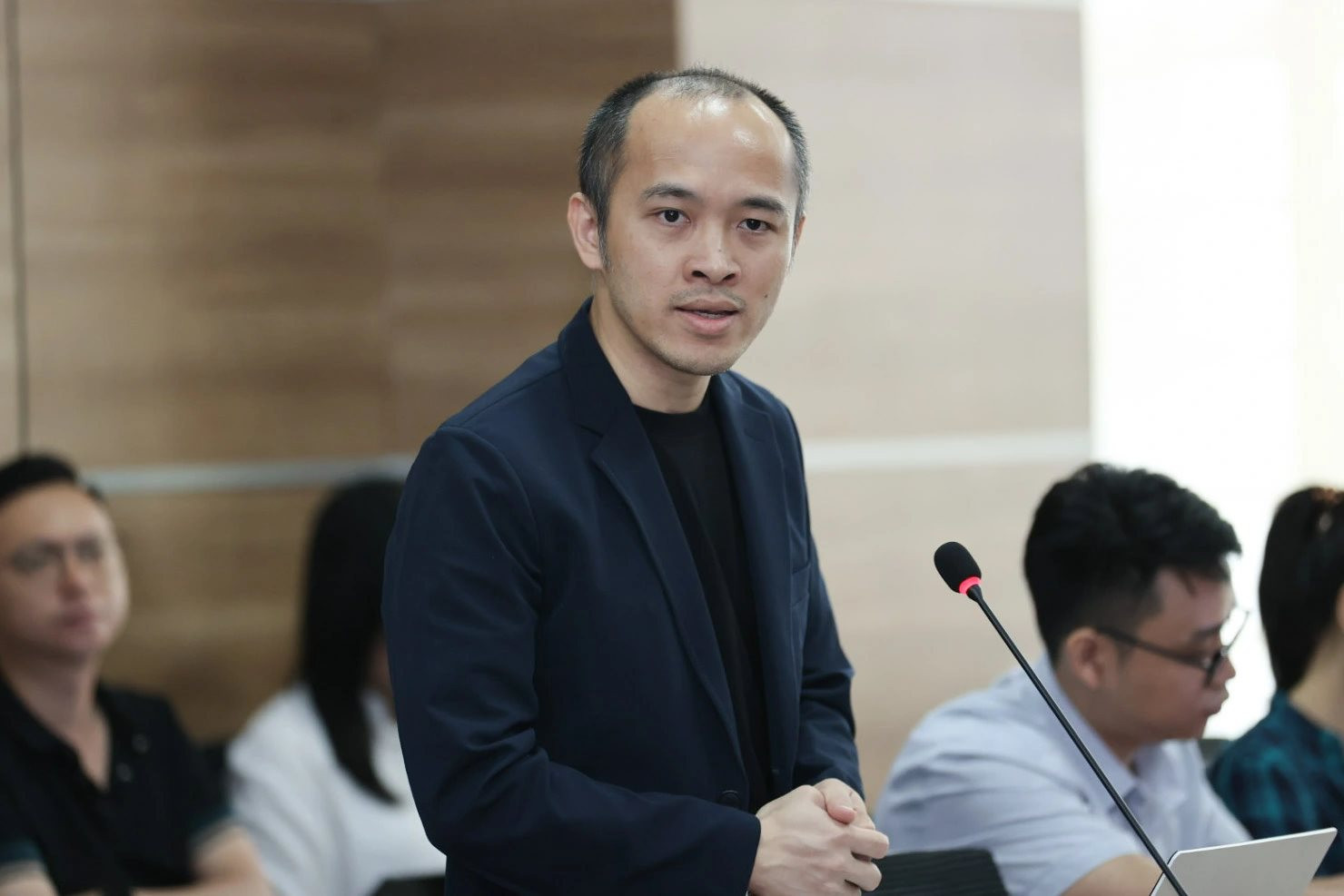
Mr. Vu Ngoc Son, Head of Technology, National Cyber Security Association. (Source: http://mic.gov.vn)
Personal information passing through intermediary steps without proper security measures can pose risks to users. Private activities may be exposed if the transmission channel is blocked or the server is attacked. In addition, there is a possibility that personal information could be exploited without permission.
At the seminar “Basic Information Security Standards for Surveillance Cameras”, Mr. Vu Ngoc Son, Head of Technology of the National Cyber Security Association (NCA), assessed that from a cybersecurity perspective, cameras can be considered as computers, or even “special” ones as they can hear, see, and think (if integrated with AI), as well as detect and analyze objects within their field of vision. These devices are almost never turned off, rarely patched, and seldom have security patches or antivirus software installed.
“Therefore, if they are attacked, there will be no one to protect them,” said Mr. Son. The NCA leader also emphasized that despite the extremely high potential risks, cameras are not treated like computers in terms of having clear standards or origins.
According to Mr. Vu Ngoc Son, Head of Technology at the National Cyber Security Association: “Camera standards are essential to provide a framework for manufacturers and service providers in Vietnam.” Mr. Son also mentioned that there have been significant attacks on cameras globally. While Vietnam has not yet recorded any major incidents, the situation is alarming and warrants attention to potential information security risks from cameras.
National Technical Regulations for Surveillance Cameras will be issued
The opinions of experts at the event also highlighted the urgent need to issue standards for cameras and proactively produce “Make in Vietnam” cameras to ensure information security and cybersecurity for the country.
At the seminar, Mr. Tran Dang Khoa, Acting Deputy Director of the Department of Information Security, Ministry of Information and Communications, stated that the issuance of these criteria is important as it provides a foundation for businesses involved in the production, import, and trade of surveillance camera products and equipment in the Vietnamese market to comprehensively review and assess the potential information security risks associated with the products and equipment they provide.
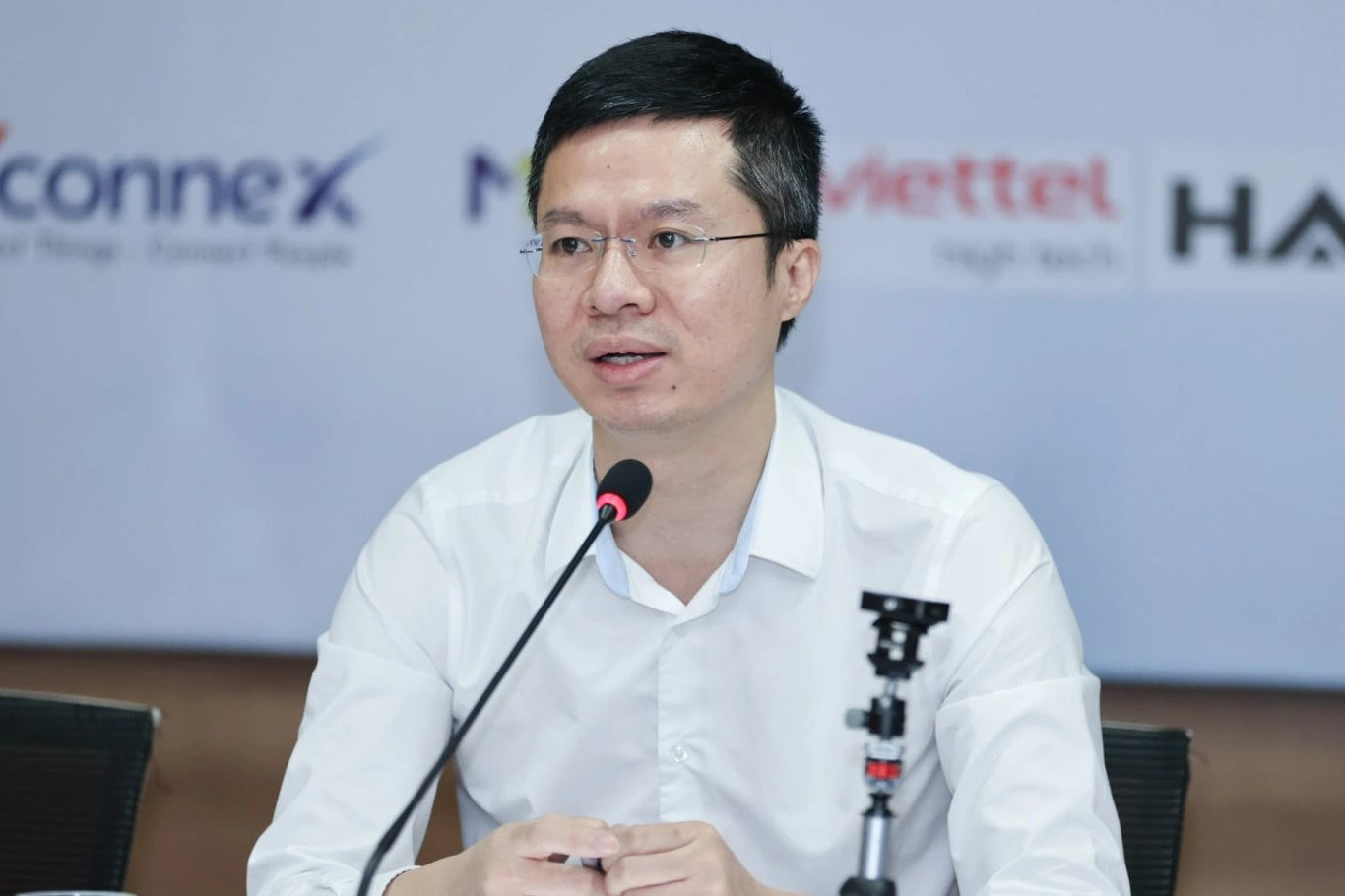
Mr. Tran Dang Khoa, Acting Deputy Director of the Department of Information Security. (Source: http://mic.gov.vn)
Notably, these criteria also mark the first step towards the Ministry’s development of national technical regulations on basic information security requirements for surveillance cameras.
Through the issuance of these criteria, agencies, organizations, and individuals with a demand for purchasing and equipping surveillance camera products and equipment will be more conscious of the need to select and seek out products and equipment that are deemed secure.
According to Mr. Vo Duc Tho, General Director of Hanet Technology, the criteria for basic information security standards for surveillance cameras recently issued by the Ministry of Information and Communications are in line with the current practical situation. For the market, these criteria have a significant impact on businesses engaged in the production and provision of related services. Although they are not yet mandatory, enterprises are already reviewing their practices to comply with the government’s Decree 13 on personal data protection.
Regarding the users of surveillance cameras, the criteria will help raise awareness of information security, especially among businesses, organizations, and wards and communes that have installed numerous cameras. These criteria are also fair to all enterprises, not just Vietnamese ones. Major foreign companies can also meet these criteria to do business in Vietnam.
It is expected that the national technical regulations will be issued in 2024. At that time, all cameras produced in Vietnam and imported cameras must undergo mandatory testing and conformity assessment before being allowed to enter the market…

